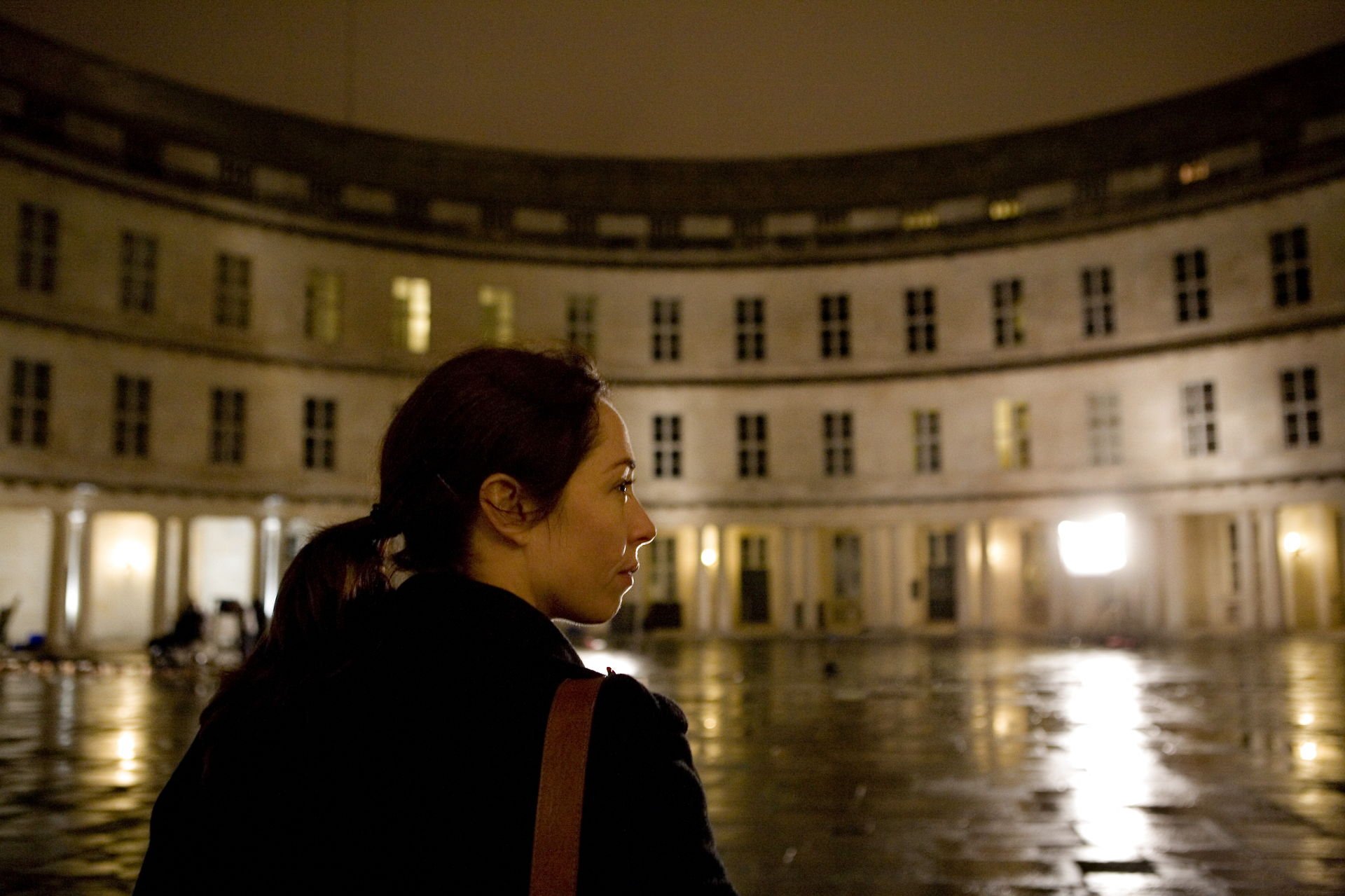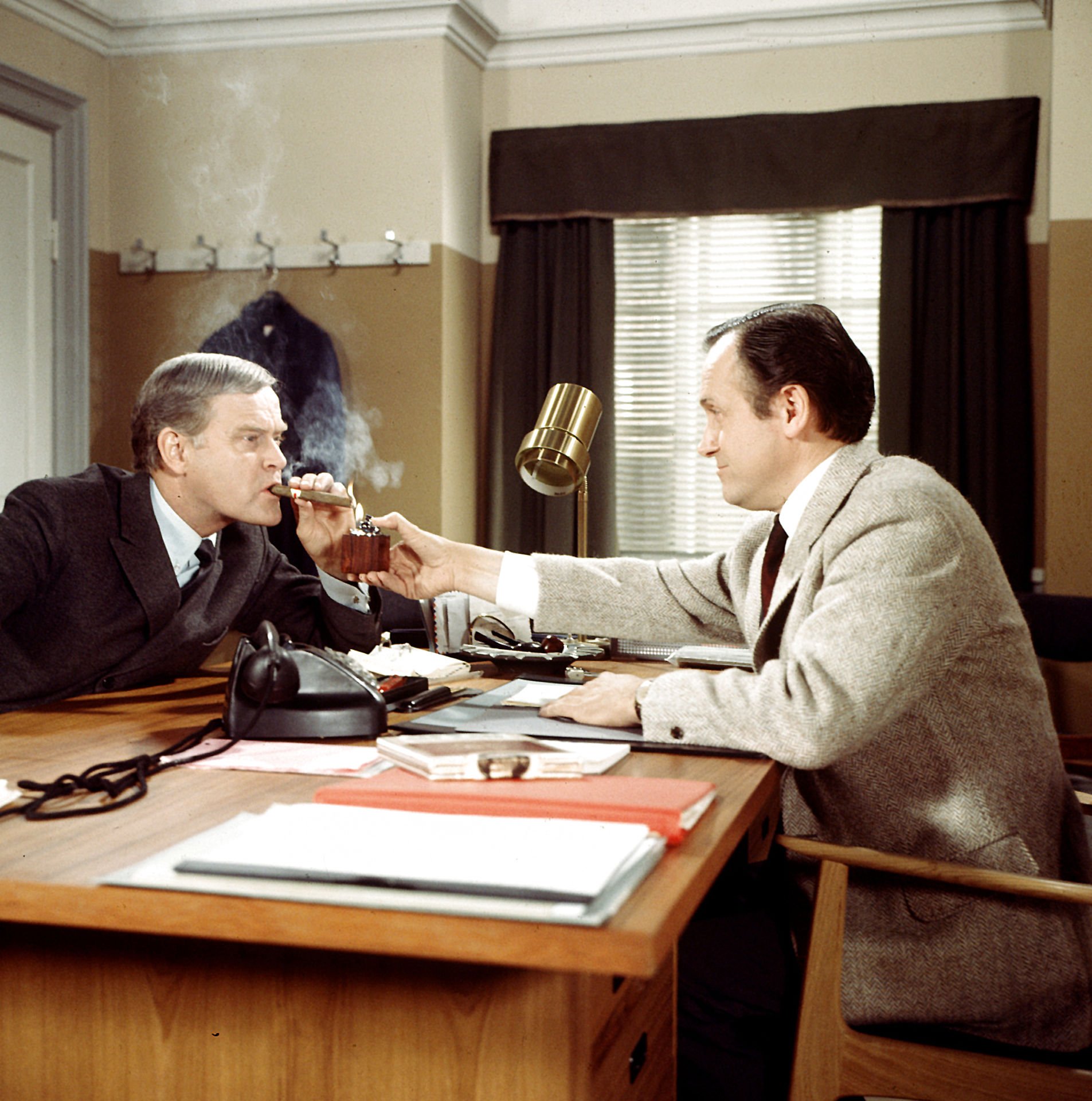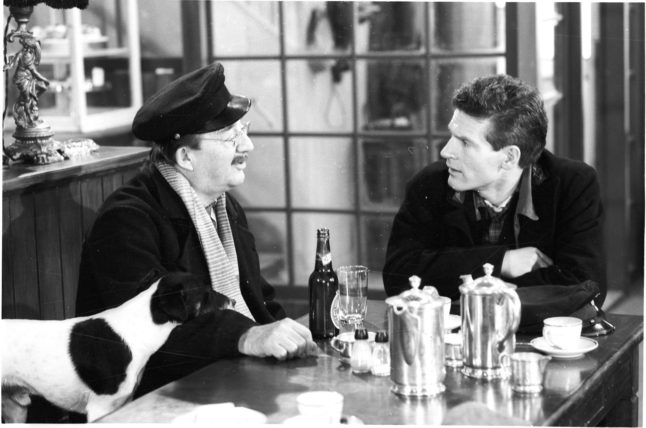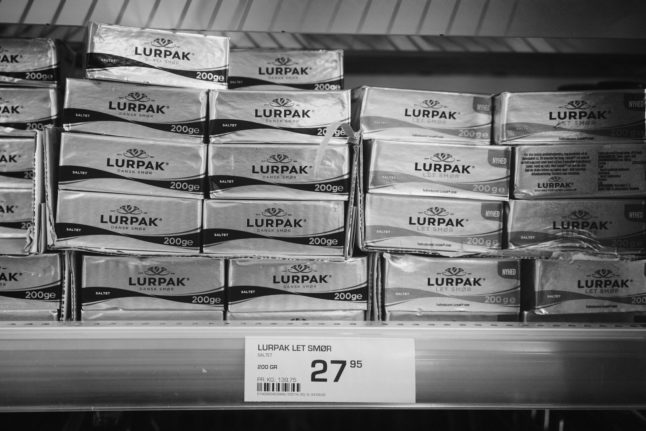If you’ve got a good grasp of Danish but still feel like there are some cultural references you don’t quite ‘get’, here’s a list of programmes to help get you up to speed.
Perhaps you’re not sure what someone means when they call for “Hans Christian” in a melodramatic voice, or why artisan cakes are more popular than ever before. If so, there’s plenty of great Danish TV for you to discover.
Danes take their homes – not least interior design – very seriously. This perhaps explains the recent success of shows like Boligkøb i blinde (Viaplay), in which would-be house owners sign over all their assets to a panel of experts who buy a cheap property and renovate it for them, before handing it back.
Normally, this results in a large part of the contestants’ budget being blown on a run-down property which they initially hate, before a deft renovation leaves everyone thrilled with the result.
While the format of the show is good, easy-to-digest entertainment, it also throws up some great design tips and insight into how Danes get their homes to look so smart.
On a similar theme is public service broadcaster DR’s long-running Kender Du Typen?, which first aired in 1994.
In this show, DR’s lifestyle experts are shown around the home of a mystery celebrity and must guest the identity of their host from their design choices and inventory. It’s great for learning about obscure Danish public figures, as well as for picking up a bit of inspiration for your indretning (interior design).

Like anywhere else, Denmark has a vast back catalogue of reality TV shows, which are generally adaptations of formats shown in other countries.
X-Factor has proved hugely popular over the years and is still going strong since being picked up by channel TV2 after DR axed it in 2018. Watch it if you like X-Factor, but it sticks to the rigid formula seen elsewhere and won’t tell you much about Denmark.
The trashiest reality TV show in Denmark is probably Paradise Hotel, a US import that was first aired in Denmark by TV3 in 2005 and can now be streamed on Viaplay. It has claims to the title of Denmark’s most-discussed reality series, but probably loses out on this to DR’s altogether more wholesome Den store bagedyst – Denmark’s version of The Great British Bake-Off.
Now a veteran of 10 seasons, the Danish baking competition might surprise you in how different its contestants’ creations are compared to the UK version. It also shows you how traditional Danish cakes and pastries are made.
If you can’t get enough of Bagedyst, you can also watch Den store junior bagedyst in which youngsters aged 12-15 showcase their baking talents.
Danish television is best known internationally for the Nordic Noir genre – not least Swedish collaboration Broen, also known as The Bridge. The three-season detective series can be credited, along with political drama Borgen, with putting Danish television on international viewers’ radars.
I’m a fan of both these shows but as most people are probably already aware of them, here are a couple of lesser-known ones: Forbrydelsen (“The Killing”) was possibly the first in the wave of Scandinoir crime dramas to deploy muted tones, even more muted protagonists and brutal deaths. It can be viewed in Denmark via the online archive Filmstriben.
Bedrag (English title: “Follow the Money”), first released in 2016, has all the hallmarks of a Nordic Noir police show, with its focus on money laundering. After two mediocre seasons it returned for a third season with a freshened-up cast and much tighter plot: it’s this season I’d recommend as the closest thing Denmark has produced to highly-regarded US series The Wire. Don’t skip the opening credits.
If you’re going to watch Danish television to improve your knowledge of the national pop culture then you’re going to have to have a crack at the comedy at some point.
The most famous Danish comedy show is Klovn, which ran on TV2 and other channels from 2005-2018. Casper Christensen and Frank Hvam play main characters with the same first names as themselves, and the show follows their everyday lives.
Awkward silences, social faux pas and extreme cringe feature strongly in Klovn. These give it comedy elements in common with shows like The Office (UK) or Curb Your Enthusiasm (US), but Klovn is unmistakably Danish in its application of its humour.
After many years living in Denmark I’m still struggling to “get” Klovn, but I don’t know any Danes that don’t love it.

If you want to watch a classic Danish television show, Huset på Christianshavn can be streamed on DR’s website. 84 episodes of this much-loved series were first broadcast in the 1970s, portraying the residents in a block of two-up, two-down flats in Christianshavn, a part of Copenhagen that has become considerably more exclusive since the series was made.
Watch Huset på Christianshavn to get a feel for Danish life in decades past, what tresser dansk (sixties Danish) sounds like and what Copenhagen looked like half a century ago.
The champion of Danish television shows is Matador.
Made by DR in the late seventies and early eighties but set during the period 1929-1947, Matador follows a range of characters and families spanning the class divide. It revolves around a long-term rivalry between old-money Hans Christian Varnæs and up-and-coming businessman Mads Skjern, who upsets the established order.
Its portrayal of life in a provincial town as it goes through generational change and historical upheaval is simple conceptually. But the depth of its characters, brilliance of its writing and quality of its acting gives Matador an almost unassailable position at the pinnacle of Danish television history.
Perfectly mixing melodrama, light humour and intrigue, Matador is almost part of the national subconscious. Danes often recall scenes, characters or memorable lines from the show – even if they were born decades after it was released.
Did we miss out your favourite Danish TV show? What else deserves to be mentioned? Let us know in the comments.



 Please whitelist us to continue reading.
Please whitelist us to continue reading.
Member comments